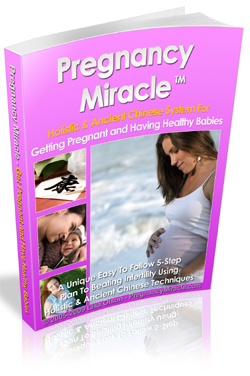 Does Iron Help with Fertility?
Does Iron Help with Fertility?
In a nutshell, yes.In a recent study, a group of women who had no history of infertility were given iron supplements to determine the effect on their fertility.
The results were that those women who took around 41 milligrams of iron, significantly lowered their risk of ovulatory infertility (the condition where women cannot product healthy eggs or ovulate infrequently).
Most good multivitamins do contain iron so check with your doctor to make sure you are getting the correct dosage.
Symptoms of low iron include tiredness, headaches, shortness of breath and weak brittle nails.
You might have already heard that iron can help improve your fertility, and it’s true that it can. Studies have shown that women who take an iron supplement have 40% less chance of having ovulatory infertility compared to women who didn’t take a supplement. And by increasing the dosage to over 40 mg they have lowered their risk even further by 62%.
That’s good news for women trying to conceive! Most good prenatal vitamins usually have around 40 mg included anyway, but you can increase your iron levels through food as well.
Foods that are high in iron include fortified breakfast cereals, beans and pulses, and of course meat (particularly red meat) and eggs.
It’s also a good idea to take a Vitamin C supplement or take your iron vitamin with a glass of orange juice because vitamin C helps the iron to be absorbed more readily into your body.
As an added benefit, iron will help improve your energy levels but don’t take too much, because too much iron can make you constipated.
What the study found:
The study found that a low iron intake in women led to ovulatory infertility which is where the body can’t product healthy eggs. If your eggs are unhealthy they are unlikely to result in a pregnancy no matter how good your timing is.
The women in the study had no previous history of infertility and ranged in age, weight and other lifestyle factors. Each woman was prescribed either a different dosage of iron supplement or asked to increase their iron levels through food in order to test how it affected their fertility.
The women in the study that took 41 mg or more iron per day showed the best results as it decreased their risk of ovulatory infertility by 62%. Those getting their iron from food (non-heme iron) had the best results.
Good sources of non-heme iron are:
• bread (both white and whole wheat)
• broccoli
• prune juice
• spinach
• beans
• lentils
• apricots


No comments:
Post a Comment